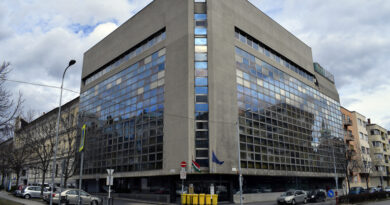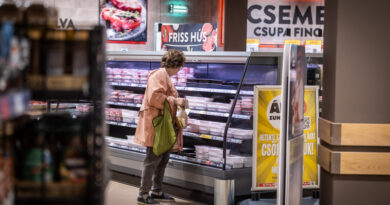Cash rich buyers drive commercial property investment
2012 investment volumes resilient as investors move towards fixed assets, according to Jones Lang LaSalle capital markets research
Preliminary data collected from more than 60 countries by Jones Lang LaSalle Capital Markets Research reveals a more positive picture of activity across the direct commercial property investment market, with volumes up by 10% compared to the first quarter at US$103 billion as investors continue to move away from equities and towards other assets.
Asia Pacific, Europe, Middle East & Africa, and the Americas all recorded an increase in activity in Q2 compared to Q1. However on a year on year basis the picture is more mixed with only Asia Pacific showing growth in investment volumes.
In contrast to the fragile market of the first half of 2010, investor sentiment is much more optimistic and this is reflected in volumes being up by more than 50% in H1 2012. However, the positive attitude of the first half of 2011, when government stimulus was in full swing globally, has not been sustained in the face of continuing debt and economic growth concerns and volumes are down 9% on H1 2011.
Arthur de Haast, Head of the International Capital Group atjones Lang LaSralle said:
“Clearly we remain in a challenging environment. However, the demand for good quality, well located direct commercial property remains high globally as evidenced by the rising transactional volumes this quarter. In the light of ever diminishing yields from other asset classes the potential income returns offered by core, prime commercial property are attractive to many investors. Even in Europe, the eye of the economic storm at present, we continue to see strong demand for the best properties as witnessed in the recent purchase by the Malaysian pension fund PNB of two London properties from the KanAm portfolio above the reported book value of €590m.”
One consistent feature of the investment market over recent times has been the influence of cash rich buyers in core, prime locations. With further news this quarter of banks exiting the commercial lending business, and new entrants only able to provide a fraction of the level required, private equity, institutional and high net worth purchasers continue to dominate purchasing activity at the expense of distressed vendors and developers in particular.
David Green-Morgan, Global Capital Markets Research Director at Jones Lang LaSalle commented:
“While volumes have improved in the second quarter and the pace of activity is broadly in-line with that of 2011, the investment market globally continues to evolve with new equity rich entrants attracted by the immediate income return as well as the longer term capital growth. We expect the investment market to continue to be dominated by those groups with access to equity and only a minimal or no need for debt financing, as evidenced in Paris by the Qataris buying retail and office assets or new market entrants such as Norges continuing to increase their direct real estate exposure across international markets.”
Concluding, Mr de Haast added:
“For the last two years core, prime locations have been performing well and this has attracted the vast majority of investment capital. This weight of capital has compressed yields in prime markets globally whereas secondary markets continue to see yields move out, and the gap between the two has grown ever wider. While the economic outlook remains precarious the pricing in many secondary markets will eventually approach a level which will trigger more activity.”
Although half year volumes are slightly below the level of 2011 there has not been a dramatic decline in investor activity or importantly capital raising, although transactions are taking longer to close and debt financing remains an issue. Given this background Jones Lang LaSalle expects full year volumes to be broadly consistent with those recoded in 2011 at circa US$400 billion. If pricing in core locations continues to rise the many opportunities available in secondary will attract increased attention and this may provide an additional boost to what is usually the more active second half of the year.
































